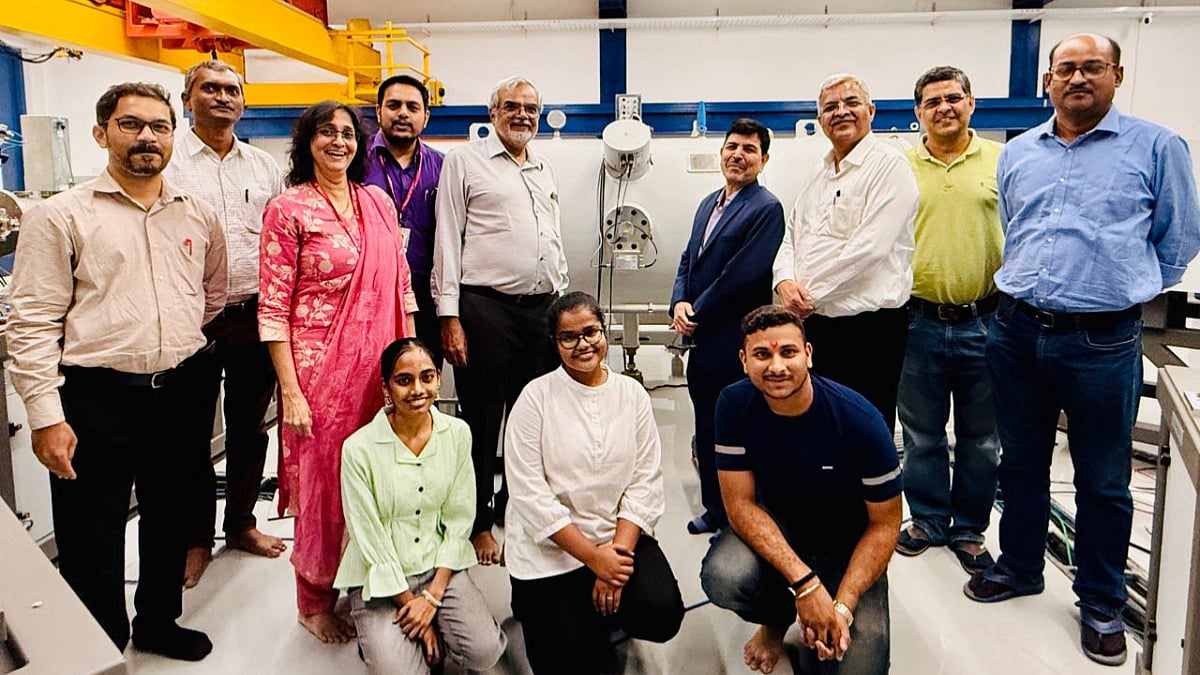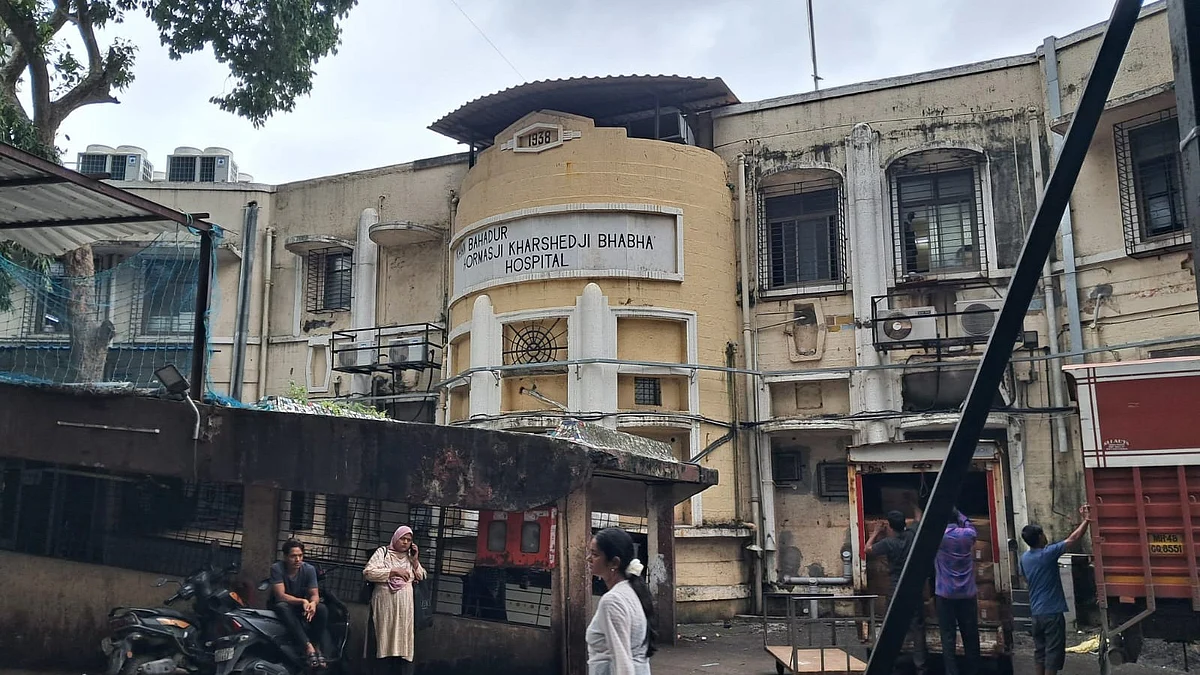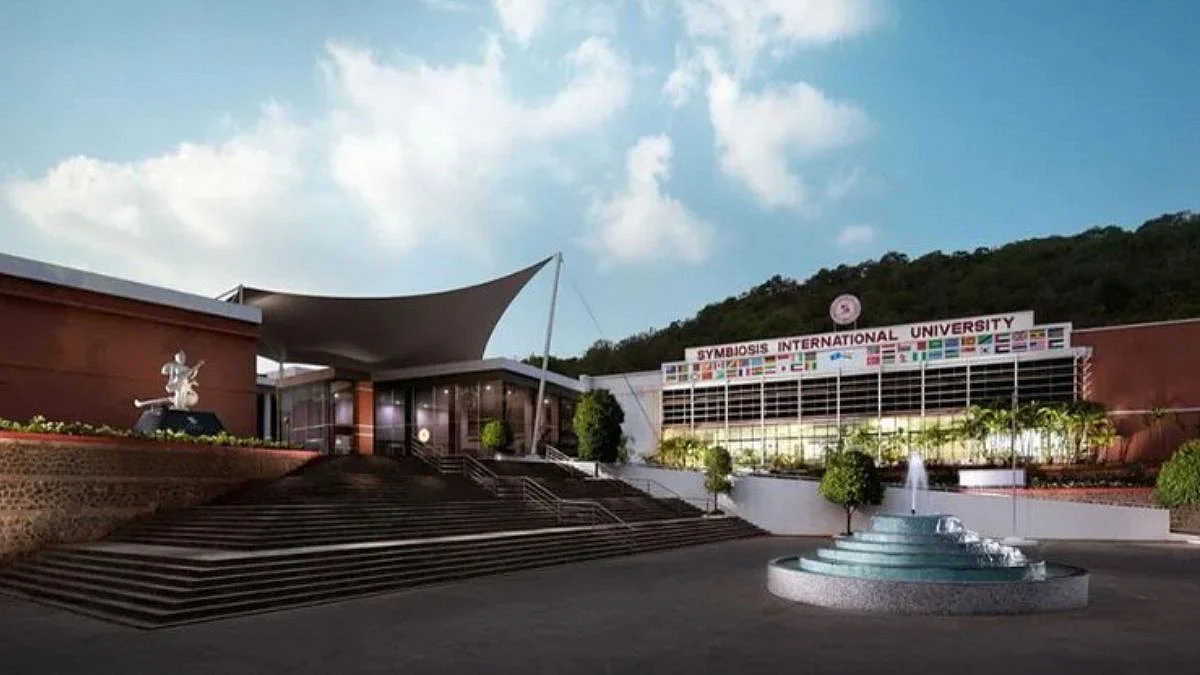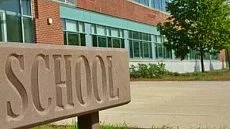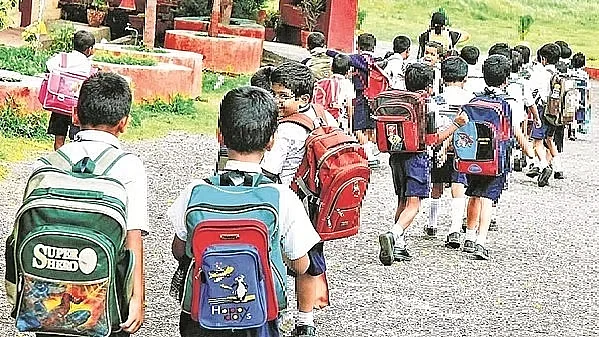Mumbai: The University of Mumbai on Tuesday achieved a major scientific breakthrough with the launch of India’s first fully operational Carbon Dating Accelerator Mass Spectrometry (AMS) facility. Established at a cost of approximately Rs 20 crores, the state-of-the-art centre makes the university the first higher education institution in the country to house such advanced technology.
Speaking at the inaugural testing of the facility, which took place in the presence of senior university officials and leading scientists, Vice-Chancellor Professor Ravindra Kulkarni described the development as “a historic step towards advanced research.”
“We are extremely pleased to announce the full operational launch of India’s first Carbon Dating Accelerator Mass Spectrometry Centre at the University of Mumbai. This advanced facility, the first of its kind in an Indian university, will greatly benefit students, researchers, and industries across the country in their pursuit of understanding archaeology, ancient cultures, and history. We aim to focus on research pertaining to Indian knowledge systems, and this facility will open new avenues for research,” said Professor Kulkarni.
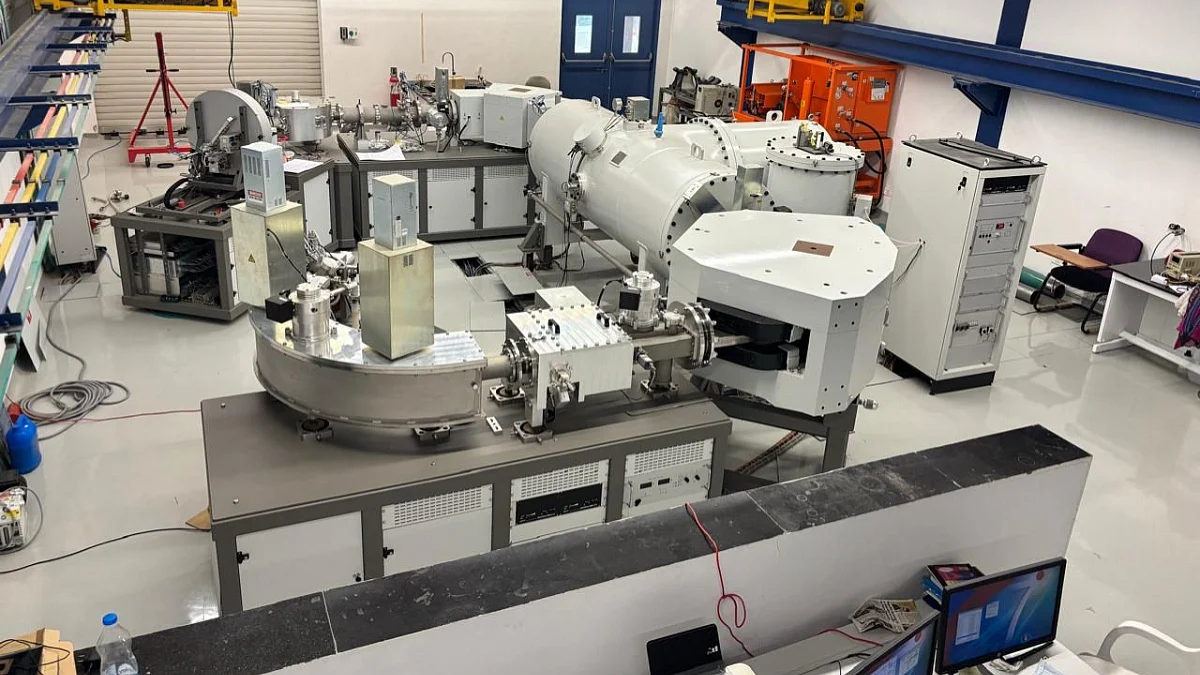
Mumbai University unveils India's first fully operational Carbon Dating AMS facility, a major advancement in archaeological and biomedical research | File Photo
The facility is expected to revolutionise research in archaeology and ancient history by enabling precise dating of artefacts and materials up to 50,000 years old. Professor M. N. Vahia from the Tata Institute of Fundamental Research, who played a key role in the project, emphasised its significance.
“Currently, samples for carbon dating are being sent abroad, which costs an average of $600 per sample. With this facility, MU is equipped to meet the growing needs of the accelerator community,” he said. The centre is expected to play a crucial role in unravelling India’s rich cultural heritage, while also contributing to research in biomedical sciences and nuclear energy.
The facility was made possible through funding from the Board of Research in Nuclear Sciences and was initiated by Professor DC Kothari, former faculty member of the university’s Physics Department, along with Professor Vahia.
“This facility is a national asset. It will be accessible to scientists, researchers, students, and industries, ensuring that India’s research community benefits from this cutting-edge technology,” said Professor Varsha Kelkar Mane, Head of the MU Accelerator Centre.
The Carbon Dating AMS system was procured from HVEE in the Netherlands and will support research in multiple disciplines, including geology, botany, physics, chemistry, and history. “Radiocarbon dating allows us to establish accurate timelines for various materials, from wood and food to pollen, excrement, and even deceased animals and humans,” explained Dr Abhijit Bhogle, a member of the research team.
The facility will also support nuclear industry research by measuring carbon-14 emissions from nuclear power plants and assist in the dating of lake sediment cores to analyse environmental changes over time. In biomedical sciences, Accelerator Mass Spectrometry is expected to be used for tracing biological processes and analysing minuscule quantities of substances with high precision.
Professor Kulkarni reiterated the global significance of the project. “There are only about 45 such machines in operation worldwide, with 22 in Europe, nine in the United States, eight in Japan, three in Australia, and one each in New Zealand, Canada, China, and Korea. With this facility, India joins a select group of nations with cutting-edge carbon dating technology,” he said.
By analysing the ratio of carbon-12 to carbon-14 in an organism, scientists can determine its age after death, as carbon-14 decays over time. “This principle is fundamental in archaeology, but it also has wide-ranging applications, from studying climate change to improving biomedical research,” said Dr Siddharth Kasturirangan, another key member of the research team.
